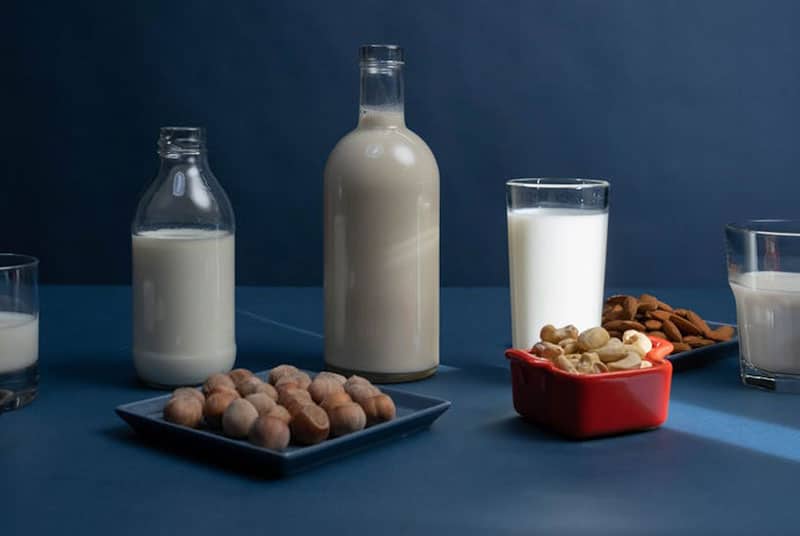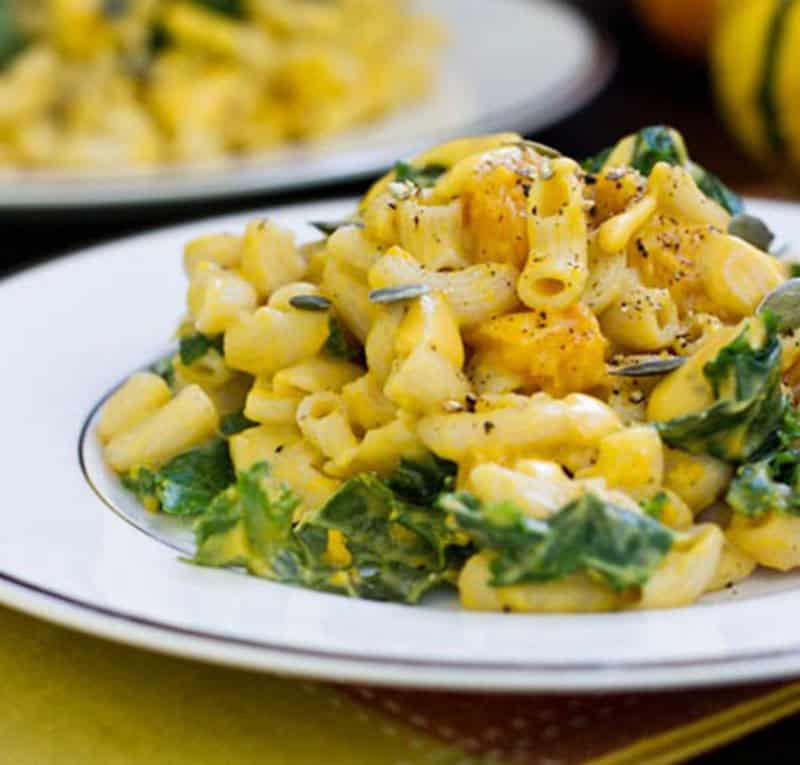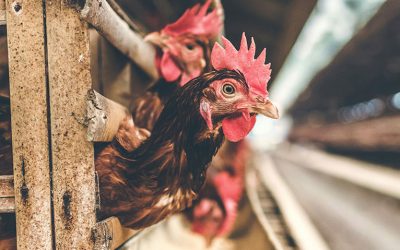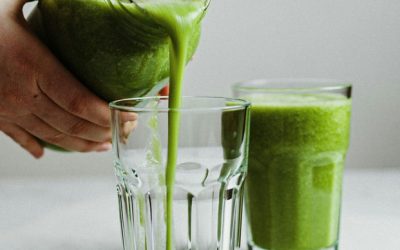Blog
Alleviating Asthma | Plant Based Treaty Diet Change Series
December 4, 2024
Plants have the power to improve our health while preventing and reversing many diseases.
Eating a whole food, plant-based diet is not only beneficial for a healthy lifestyle, but when we leave animal products off our plates, it helps reduce greenhouse gasses and climate change, while enabling us to live safely within our planetary boundaries. This is a core mission of the Plant Based Treaty, a powerful grassroots initiative that puts food systems at the forefront of combating the climate crisis.
Dr. Michael Klaper presents the scientific evidence behind disease reversal through plant-based nutrition.
This blog is part two of a diet change series referencing the nine major diseases that Dr. Michael Klaper spoke about in his keynote address at the 5th annual Canadian Plant-Based Nutrition and Lifestyle Medicine Conference in Toronto. To read about Type 2 Diabetes click here.
Dr. Klaper is an internationally-recognized physician, educator, speaker on diet and health, and endorser of the Plant Based Treaty. His presentation titled Mechanisms of Disease Reversal Utilizing Plant-Based Nutrition: Why and How Does It Work? was packed with imperative medical information. In his keynote address, Dr. Klaper draws upon his experience as an attending physician at True North Health Centre in Santa Rosa, California. He explains that most of the patients arriving at the health centre were overweight, if not clinically obese, with multiple medical issues. They were put on a diet of whole plant foods with no added salt, sugar, or oils, and he explains that all nine diseases “improve under the influence of a whole foods, plant-based diet.”
Health Issue: Asthma
“Asthma is a common chronic disorder in which the airways become inflamed and narrow, causing periods of airflow obstruction. Common symptoms during acute episodes include wheezing, coughing, chest tightness, and shortness of breath.” – PubMed
According to the World Health Organization; “Asthma affected an estimated 262 million people in 2019 (1) and caused 455 000 deaths.” They state; “Children and adults who are overweight or obese are at a greater risk of asthma… Avoiding asthma triggers can also help to reduce asthma symptoms.” A report by the Global Initiative For Asthma (GINA) projected that the numbers would increase considerably with as many as 400 million people expected to suffer from asthma by 2025.
Additionally, Forks Over Knives states that over 26 million Americans have asthma.
Studies:
Dr. Klaper references several studies and explains that for people who are asthmatic, eliminating dairy from their diet will help to reduce wheezing.

The Role of Nutrition in Asthma Prevention and Treatment on PubMed states;
“Asthma is a chronic respiratory condition characterized by airway inflammation and hyperreactivity. Prevalence has continued to rise in recent decades as Western dietary patterns have become more pervasive. Evidence suggests that diets emphasizing the consumption of plant-based foods might protect against asthma development and improve asthma symptoms through their effects on systemic inflammation, oxidation, and microbial composition.”
Researching dietary patterns was a huge part of this study with the following conclusions.
“Most Americans do not meet the daily recommended fruit or vegetable intake and exceed the recommendations for limiting saturated fat. Thus, recommendations to increase fruit and vegetable consumption, while decreasing saturated fat and dairy intake, are supported by the current literature. Mediterranean and vegan diets emphasizing the consumption of fruits, vegetables, grains, and legumes, while reducing or eliminating animal products, might reduce the risk of asthma development and exacerbation.”
Dr. Klaper references the 2017 book, Vegetarian and Plant-Based Diets in Health and Disease Prevention that “examines the science of vegetarian and plant-based diets and their nutritional impact on human health.” Pages 483-491 are about the prevention and control of asthma.
Success Stories:

Jane Elizabeth before and after switching to a plant based diet to aid with Asthma and overall health. Photo: Jane Elizabeth / Forks Over Knives
Jane Elizabeth grew up with asthma, and as she wrote for Forks Over Knives, her physical activity was limited and she steadily gained weight. When her daughter turned one, she wanted to be a good role model and decided to go vegan.
“Once I eliminated dairy, something amazing happened: I discovered that I was able to run without losing my breath or using my rescue inhaler. It was a beautiful feeling.”
Elizabeth lost 80 pounds and is now a long-distance runner, athlete, and has not experienced an asthma flare-up since she changed her diet.
Lorna McCormack suffered from severe eczema and asthma, but when she began eating more vegetables and stopped consuming meat or dairy, her symptoms vanished. When life got busy she found herself back on an unhealthy diet, and almost overnight was back on her inhalers and medications. As she wrote for the Centre for Nutrition Studies, McCormack researched chronic diseases and the obesity epidemic and learned about healthy eating and the power of food.
“I once again began my journey towards a whole food, plant-based lifestyle, and once again, the results came shockingly quick. The extra weight which had crept back on fell off. My eczema and asthma symptoms significantly improved, allowing me to discontinue all medications.”
Foods to eat (and avoid)
According to the studies, eating fruits and vegetables is crucial. Canada’s Food Guide suggests making half of your plate vegetables and fruits and to eat dark green veggies daily. Medical studies recommend decreasing foods with saturated fat. According to the Mayo Clinic, foods high in saturated fats include; “foods baked or fried using saturated fats; meats, including beef, lamb, pork as well as poultry; lard; dairy products (butter, cream, 2% milk, whole-milk, cheese, yogurt” as well as some oils.

Non-dairy milks range from oat, to almond, soy, cashew, coconut and more.
Replace dairy milk with alternatives such as oat, soy, almond, and rice milk. Instead of dairy cheese try cashew cheese, and instead of dairy yogurt, enjoy yogurt made with coconut, oats, or cashews. Or try making your own vegan yogurt with the help of this video by Miyoko Schinner, animal activist, recipe developer, and founder of Miyoko’s Creamery.
Recipes:
Add more fruit to your diet with this colorful Rainbow Fruit Salad Platter with Citrus Drizzle from Forks Over Knives. For breakfast, create a dairy-free Cherry and Acai Smoothie Bowl which is loaded with antioxidants.
Get your dose of daily veggies with these delicious salads from ‘Oh She Glows’ such as Kale Salad, Green Powerhouse with spinach and lentils, or this fun and healthy Layered Salad to bring to school or work. Skip saturated fatty animal products and make Vegan Jackfruit Tacos from ‘It Doesn’t Taste Like Chicken’.
Cut unhealthy dairy out of your diet and add Vegan Pumpkin Mac ’N Cheeze Sauce to your favorite whole grain pasta, or whip up Butternut Squash Mac ‘N Cheeze with almond milk and nutritional yeast. Craving a cheesy pizza? That’s no problem with Roasted Tomato Pizza with Basil Cashew Cheeze.
Download Plant Based Treaty’s plant-based starter guide for more delicious meal-planning ideas.
Disclaimer: This blog should not replace medical advice from a physician and is for informational purposes only.

Miriam Porter is an award-winning writer who writes about veganism, social justice issues, and eco-travel. Miriam currently lives in Toronto with her son Noah and many rescued furry friends. She is a passionate animal rights activist and speaks up for those whose voices cannot be heard.
More from the Plant Based Treaty Diet Change series
Grow Your Own Kale And Spinach For Healthy Green Smoothies
By Miriam Porter
The Real Cost Of Eating Chicken Eggs
By Miriam Porter
Kickstart Spring With A Nourishing Green Smoothie By Dr. Brooke Goldner
By Miriam Porter





